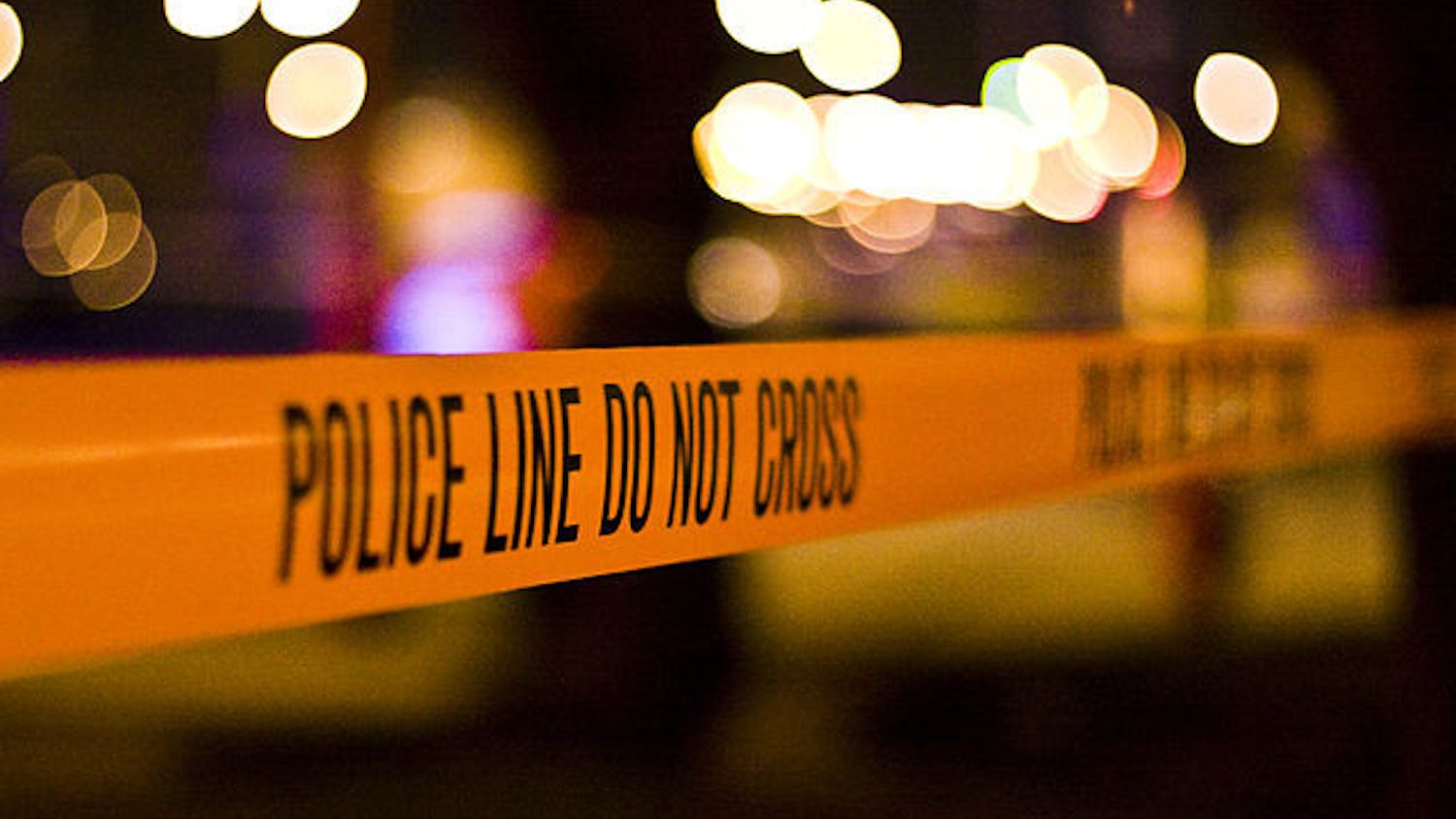Music has lost its revolutionary power, and it’s your fault.
Historically, music has proven to be a revolutionary societal force. From “La Marseillaise” of the French Revolution to “Masters of War” by Bob Dylan: Hymns, anthems, songs, albums and the like are creative tools with which people have done some of their most important work.
However, regardless of the infinite range of music’s expressive power, the potential for music to be something more than a point of aesthetic reflection can only be fulfilled if the music being produced has some cultural significance. Music, if it is to act as a revolutionary force, must reflect the world in which we live.
Everyone is responsible for music’s dilapidated state in popular culture. Most responsible are musicians, like myself, who have failed to use their craft as a means of establishing a critical relationship with society.
But consumers are to blame as well. One of the most prevalent themes in contemporary music is escapism. If you throw your hands in the air and wave them like you just don’t care enough, then perhaps you can forget about your troubles for the night, but that doesn’t mean they will go away. Notice one waves their hands in the air, not because one doesn’t care, but in an effort to act like one doesn’t care.
Those like myself, who take refuge in music of the past, won’t escape this criticism. As powerful as the messages Bob Dylan, Sam Cooke and Neil Young carried were, they played music for their time, for their generation. Songs about civil rights and the horrors of Vietnam may contain timeless messages, but to rely on the music of the past for the impetus to make societal change in the future is a distorted form of nostalgia.
Some of the most disturbing trends in popular music are happening within the electronic dance music scene. Music has been reduced to a means of facilitating sex, enhancing the experience of drug-use and bobbing your head. Needless to say, there’s nothing wrong with a good toe-tapper, but a good beat — and this is coming from a drummer — should not be the most relevant thing music has to offer.
Unfortunately, the world as we know it is in many ways a grim place. The scope of problems we face now is unprecedented. Government spying programs, civil wars, anti-intellectualism, predator capitalism, and so on, plague our planet. These are the issues that ought to inspire our art.
The late American historian Howard Zinn wrote, “The artist needn’t apologize, because ... the artist is telling us what the world should be like, even if it isn’t that way now.”
Just like every other citizen, the artist has a civic responsibility to participate democratically in society, especially through his or her art.
I by no means wish to condemn music as we know it. Every day I hear new artists that are pushing the boundaries and generating authentic art. But that is not to say things are getting better. Things are getting worse. Music continues to fail to fulfill its potential as a revolutionary force, and it’s your fault.
Andrew Pentland is a UF history senior. This guest column ran on page 7 on 10/25/2013 under the headline "You say you want a revolution? You should start with music"





